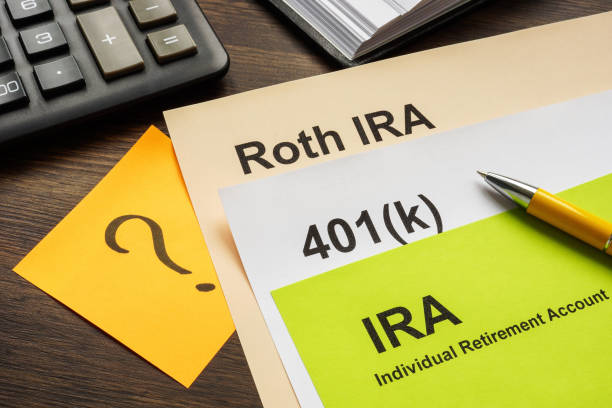401ks and Divorce


In Illinois, a divorce can be a financially complex process. If one or both parties has a retirement account, such as a 401k, then dividing it can require untangling dense plan rules and offsetting financial settlement components.
Unlike other assets like bank accounts, 401k plans are tightly regulated and have complex tax implications for withdrawals. Cashing one out and splitting the money means a large tax hit that cuts into its value, and the cash may not be able to be re-invested in a tax-advantaged account individually because of contribution limitations. Additionally, plan rules as well as state laws usually limit these transactions. It is possible to roll over the assets into an IRA, but this requires a court order.
In addition to the transaction itself, managing a 401k plan in divorce also has implications for the financial settlement. This is because assets in a 401k are investments, so their value in divorce is not just their cash value, but the value of their future growth as well. Setting off the value of a 401k balance against other assets like a house, car, and cash must take that growth into account. When factoring in the tax filings for the asset transfers in the divorce, the overall financial picture can become murky. It may be easiest to leave the 401k in the name of one person and avoid asset transfers or taxes, making up the difference in other assets.
The division of a 401k is one of the trickiest parts of a divorce, and it involves overlapping sets of laws and plan rules that limit asset transfers.